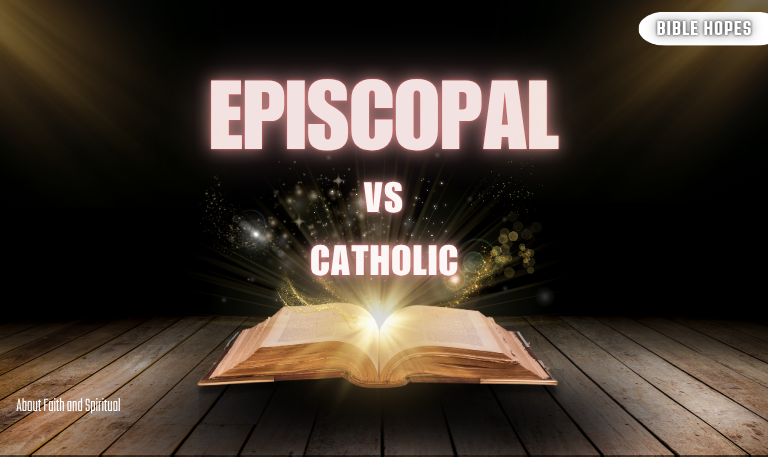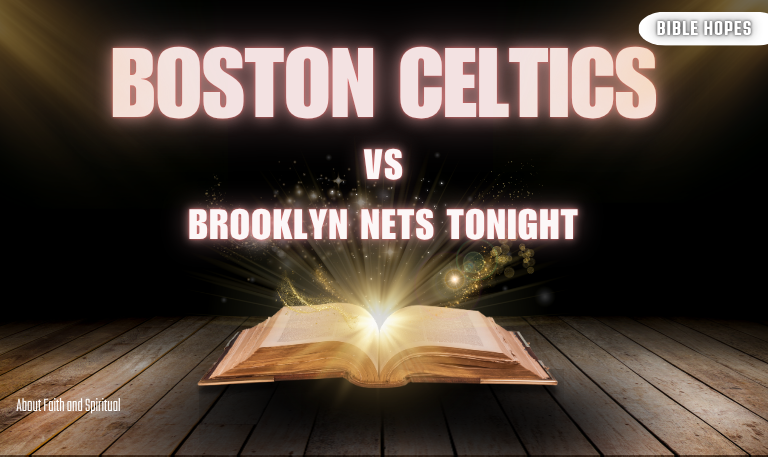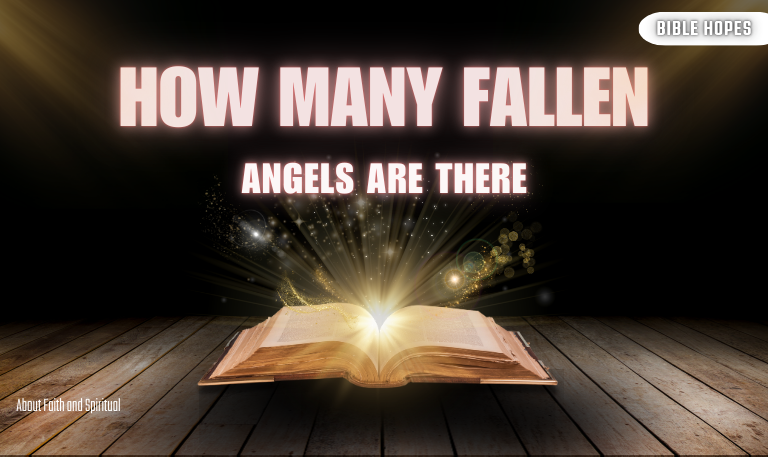The question “Episcopal vs Catholic” is one that many people curious about Christian denominations often ask. Both churches share deep historical roots, similar liturgical practices, and many core beliefs, but they also diverge significantly in governance, theology, and worship styles.
This detailed guide explores the differences and similarities between the Episcopal Church and the Catholic Church, helping readers understand their origins, beliefs, practices, and what sets them apart. Whether you are exploring faith options or just want to deepen your understanding, this article serves as your authoritative resource.
1. Episcopal vs Catholic — Why It Matters
When comparing the Episcopal Church and the Catholic Church, many people immediately recognize their shared Christian identity but are unsure what really distinguishes them. The Episcopal Church is part of the Anglican Communion, while the Catholic Church is the largest Christian denomination worldwide, led by the Pope.
Understanding these differences can help in making informed decisions about worship preferences, theological alignment, and community involvement. This article will guide you through every important aspect — from history to contemporary beliefs.
Read Also: Old Testament Vs New Testament
2. Historical Origins and Development
Catholic Church: Ancient and Universal
Founded nearly 2,000 years ago, tracing back to the apostles, particularly St. Peter, regarded as the first Pope.
The Catholic Church has a continuous historical presence and global reach, centralizing authority in Rome.
Episcopal Church: Rooted in Anglicanism
Originated in the 16th-century English Reformation when the Church of England broke away from papal authority.
The Episcopal Church in the United States formally organized post-American Revolution (1789), maintaining Anglican traditions but independent of the Church of England.
| Aspect | Catholic Church | Episcopal Church |
|---|---|---|
| Founded | 1st century AD | Late 18th century (US Episcopal) |
| Origin | Apostolic succession, Rome | Anglican Reformation, England |
| Leadership | Pope, Cardinals, Bishops | Bishops, General Convention |
3. Core Beliefs and Theology
Catholic Church Beliefs
The Trinity: One God in three persons — Father, Son, and Holy Spirit.
Authority of Scripture and Tradition equally important.
Belief in transubstantiation — bread and wine become the actual Body and Blood of Christ during Mass.
Salvation through faith and works, grace dispensed via sacraments.
Episcopal Church Beliefs
Also affirm the Trinity and traditional Christian creeds (Apostles’, Nicene).
Emphasis on Scripture, Tradition, and Reason as sources of authority.
Eucharist understood as a real spiritual presence but interpretations vary on the specifics.
Salvation through grace, emphasizing personal conscience and inclusivity.
Key Theological Differences:
| Theology Aspect | Catholic Church | Episcopal Church |
|---|---|---|
| Scripture & Tradition | Equal authority | Scripture primary, tradition & reason secondary |
| Eucharist | Transubstantiation | Spiritual presence, symbolic aspects acknowledged |
| Salvation | Faith + works + sacraments | Grace + personal faith, less legalistic |
4. Church Governance and Hierarchy
Catholic Hierarchy
Pope is the supreme head with universal jurisdiction.
Cardinals, Archbishops, and Bishops oversee dioceses.
Priests serve parishes under bishops.
Episcopal Governance
Governed by Bishops but no central figure like the Pope.
The General Convention (a legislative body) governs doctrine and discipline.
Priests and deacons serve local parishes with more congregational input.
5. Worship Practices and Liturgy
Catholic Mass
Highly structured with specific prayers, rituals, and readings.
Latin historically dominant, now vernacular languages.
Emphasis on the Eucharist as the “source and summit” of worship.
Episcopal Worship
Uses the Book of Common Prayer for liturgy.
Services may be more flexible in language and music style.
Retains many traditional liturgical elements (vestments, incense) but can vary widely.
6. Sacraments and Rituals
| Sacrament | Catholic Church | Episcopal Church |
|---|---|---|
| Baptism | Infant and adult baptism accepted | Infant and adult baptism accepted |
| Confirmation | Required, done by a bishop | Similar practice with bishop involvement |
| Eucharist (Communion) | Central sacrament, transubstantiation | Central but theological views vary |
| Confession (Reconciliation) | Mandatory for forgiveness of sins | Optional, less formalized practice |
| Marriage | Considered a sacrament | Considered a sacrament, some variation |
| Holy Orders | Priesthood and episcopacy emphasized | Ordination of women permitted |
| Anointing of the Sick | Administered in illness or near death | Similar practice, with pastoral care |
7. Role of Mary and the Saints
Catholic Church teaches the Immaculate Conception, Assumption, and venerates Mary as Mother of God.
Prayers to saints and Mary for intercession are common.
The Episcopal Church respects Mary and the saints as models but does not emphasize their intercession to the same degree.
8. Moral Teachings and Contemporary Issues
| Issue | Catholic Stance | Episcopal Stance |
|---|---|---|
| Abortion | Strongly opposed | More permissive, varies by diocese |
| LGBTQ+ | Does not sanction same-sex marriage | Many dioceses affirm and bless LGBTQ+ unions |
| Women in Clergy | Not permitted | Women can be ordained priests and bishops |
| Divorce and Remarriage | Restricted, annulments required | More flexible, varies locally |
9. Scripture and Tradition
Catholics emphasize Sacred Tradition as a source of truth alongside the Bible, guided by the Magisterium (teaching authority).
Episcopalians hold Scripture as the supreme authority but also value tradition and reason to interpret faith.
10. Ecumenical Relations and Interfaith Dialogue
The Catholic Church actively participates in ecumenical efforts to promote unity among Christian denominations, including dialogues with the Anglican Communion.
The Episcopal Church is open to interfaith cooperation and is recognized as a bridge between Protestantism and Catholicism.
11. Demographics and Global Influence
The Catholic Church has over 1.3 billion adherents globally.
The Episcopal Church is smaller, with about 1.7 million members, mostly in the United States.
12. Common Misconceptions Clarified
Misconception: Episcopalians are just Catholics who don’t accept the Pope.
Reality: While Episcopalians share Catholic roots, they have distinct governance, theology, and practices.
Misconception: Catholic worship is always rigid and formal.
Reality: Catholic liturgy varies worldwide and incorporates diverse cultural expressions.
Read Also: Is Making Out a Sin
13. How to Choose Between Episcopal and Catholic?
Reflect on your beliefs about church authority and sacraments.
Consider the role of community and worship style that suits you.
Explore local churches and engage with clergy or parishioners.
14. Personal Stories and Testimonials
Many individuals share their journeys between Episcopal and Catholic churches, often emphasizing the welcoming nature and theological nuances that led to their faith home.
Episcopal Vs Catholic FAQs
Q1: Is the Episcopal Church part of the Catholic Church?
A: No, the Episcopal Church is part of the Anglican Communion and is separate from the Roman Catholic Church.
Q2: Do Episcopalians recognize the Pope?
A: No, Episcopalians do not acknowledge the Pope’s authority.
Q3: What is the main theological difference?
A: Authority — Catholics accept the Pope and Sacred Tradition as authoritative; Episcopalians emphasize Scripture, tradition, and reason with no papal authority.
Q4: Can an Episcopal priest become a Catholic priest?
A: Yes, many Episcopal priests have converted and been ordained in the Catholic Church.
Q5: How do Episcopal and Catholic views differ on communion?
A: Catholics believe in transubstantiation; Episcopalians hold varied views, often symbolic or spiritual presence.
Q6: Are Episcopalians considered Protestant?
A: Yes, Episcopalians are generally categorized within the Protestant tradition but retain many Catholic traditions.
Conclusion
Both the Episcopal and Catholic churches offer rich traditions and meaningful spiritual paths. Understanding their differences and shared heritage can deepen your faith journey or simply enhance your knowledge about Christianity’s diverse expressions.



![15 Pink Bible Verses | Discover Meaning, Love [2025 Guide] 5 15-Pink-Bible-Verses-Discover-Meaning,-Love-[2025-Guide]](https://biblehopes.com/wp-content/uploads/2025/05/15-Pink-Bible-Verses-Discover-Meaning-Love-2025-Guide.png)